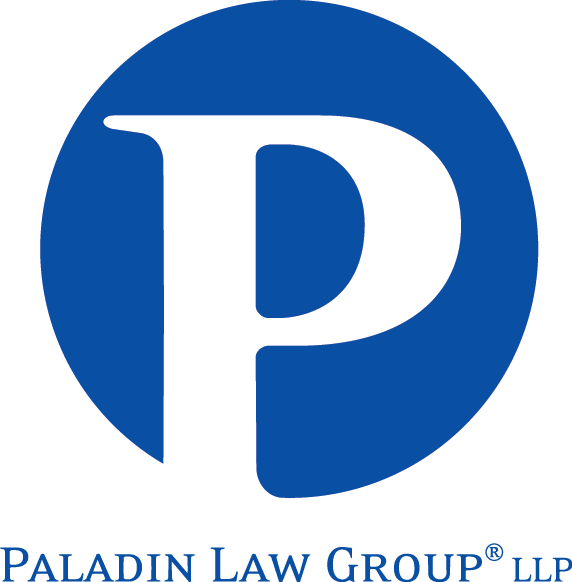Companies facing liability for pollution, asbestos exposure, or products liability that occurred decades ago have learned that standard comprehensive general liablity (“CGL”) insurance policies are “occurrence-based” — that is, they never expire if damage is shown to have occurred within the policy period. A rule of thumb is that the older a policy is, the less restrictive and more valuable it is likely to be. CGL policies from the 1940s, 1950s, and 1960s are particularly valuable because they generally contain no pollution exclusions, no aggregate limits, and no limits to defense costs. Policies from the 1970s, which contain a so-called “sudden and accidental” pollution exclusion, are easier to apply to environmentaliabilities than policies purchased after 1985, which contain a less ambiguous “absolute pollution exclusion.”
Of course, the older a policy is, the less likely it is that policy documentation will be neatly tucked away in a well-marked and easily accessed file cabinet. Corporate downsizing, mergers and acquisitions, and the relocation of corporate headquarters displaces people and records and, thus, shortens institutional memory. With increasing frequency, insurance archaeologists are dispatched to track down long lost policy documents of long-forgotten predecessor companies held liable — for manufacturing and disposal partices not understood at the time to be harmful.
Employing the combined skills of a detective, a historian, a claims specialist, and a lawyer, Paladin Law Group’s team learned to cull through brokers’ slips, chase down retirees and descendants of former personnel, pore over accounting ledgers, search government achives, and venture into dark vaults in search of old insurance policies. Like a traditional archaeologist, the insurance archaeologist gathers a host of evidence — much of it easily passsed over by the untrained eye — and painstakingly assembles it to reconstruct a past reality.
Paladin’s attorneys have identified more than a billion dollars of historical insurance assets using our stock-in-trade skills and methods. We have helped large corporate cients, small family-owned companies, and municipalities in bringing to bear these old insurance policies to pay for costs associated with the investigation, cleanup, and defense of claims and suits.
